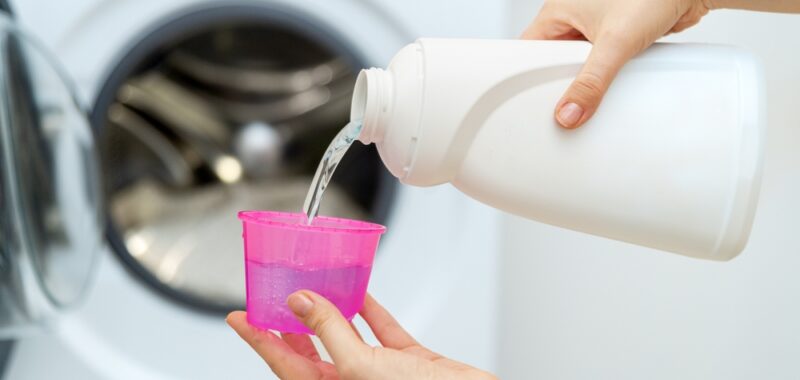Having worked as a copywriter and creative director at some of the world’s top ad agencies, including McCann Erickson (now McCann Worldgroup), I am vehemently critical of new advertising. Why? I know the tricks and how they manipulate well — think the old TV series Mad Men.
Leading the list of ads that I hate are direct-to-consumer (DTC) drug ads which began in the late 1990s. I am especially critical of them because I personally attended medical school for a while.
DTC ads have become a primary ad revenue for news outlets and websites and people even enjoy them. But they sell diseases and create hypochondria and cyberchondria along with marketing a drug.
For example, few had ever heard of the diseases of EPI (exocrine pancreatic insufficiency) or nAMD (wet age-related macular degeneration) until ads that mention them came online. Previously, drugmakers advertised the obscure diseases of Shift Work Sleep Disorder and Non-24-hour Sleep Wake Disorder for the same reasons.
The symptoms that accompany the disease (see the online “symptom checker” if you have any doubts) are designed to create demand for an expensive new drug that has become available. (But I repeat myself! New drugs are always expensive until they go off patent.) Symptoms are often common, like fatigue, dry cough, or indigestion that anyone could have.
Once upon a time, doctors told patients that they were probably fine and should “take two aspirins and call me in the morning.” Now, thanks to DTC advertising, you are probably no longer fine. But if a patient self-diagnoses with the advertised disease and asks for the drug by name, the ad has done its job.
I do not just pick on drug ads. The current soap-related ads, running a close second with their reach and frequency, are just as manipulative. These ads now declare that your whole body smells (not just your feet, armpits, and private parts), that, in fact, you likely smell so badly that “odor transfer” is occurring in your own home, and that washing won’t remove the stench unless you buy the advertised products.
Soap product ads are very catchy, using popular music hooks and repetition like “It’s The Sheets.” One ad features a man following the “irresistible” scent of someone else on the street who has used the advertised product, like a romantic whodunit. Another feature is the sound of the laundry product dropping into a washer, calling it “music to your nose.”
But scented laundry detergent products are linked to cancer according to CBS and other sources.
Moreover, the Environmental Working Group warns that fragrance chemicals may be from phthalates “which are hormone disrupters linked to reproductive problems.”
Well-documented chemical risks are the reason that fragrances have been removed from many personal care products sold in grocery stores today, whose labels read “fragrance-free.” Why has the pendulum suddenly swung back?
While Downy leads the pack of new soap product ads, Tide ads are plentiful and just as offensive, at least to this ad woman. Ads for “Tide Free and Gentle,” for example, are said to be free of dyes and perfumes, like Tide’s non-Free and Gentle formula. In advertising, we call this playing of both sides of the street cross-selling.
And there’s another trick both drug and soap product ads use: add-on mania. Whatever product you are using–an antidepressant or a laundry detergent—might not be doing its job. But that doesn’t mean you should stop using the product. Add this new one we are advertising, and you will be OK, and so will we–we will double our money.
Martha Rosenberg is a health reporter and the author of Big Food, Big Pharma, Big Lies and Born With a Junk Food Deficiency.

